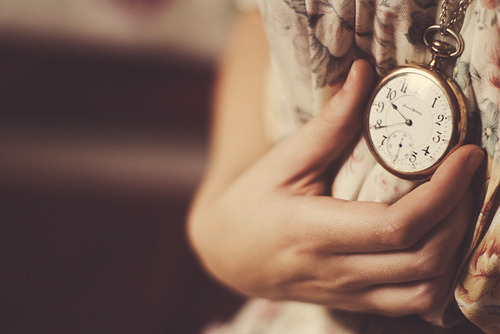 |
| Picture found on: favim.com |
“Everyone has a time machine. Everyone is a time machine. It’s just that most people’s machines are broken. The strangest and hardest kind of time travel is the unaided kind. People get stuck, people get looped. People get trapped. But we are all time machines. We are perfectly engineered time machines, technologically equipped to allow the inside user, the traveler riding inside each of us, to experience time travel, and loss, and understanding. We are universal time machines manufactured to the most exacting specifications possible. Every single one of us.” - Charles Yu, How to Live Safely in a Science Fictional Universe
| This is my new favourite quote. I've even dedicated a space for it on my Facebook profile page under "quotations". (So you know I am very serious). I'm not exactly sure why I have taken such a strong liking to it. I suppose it is because of the grand scale of nostalgia and loss that it represents metaphorically. We have all experienced the unusual wave of nostalgia from time to time. Sometimes it's pleasant; sometimes it overwhelms us with a terrible sadness. And sometimes it takes us to the point where we are convinced the past is infinitely better than the now. But whatever reasons we have for holding onto the past, the underlying rationale is clear. The past is comforting; is uncomplicated; is familiar. Sadly, some of us get stuck in our time machines, constantly looped in way that is dangerous to our well-being... Time machines weren't created simply for the purpose of staying in one place and they don't get stuck on their own. We all have the relevant mechanisms built within us to move forward. That's the glorious thing about time travel. There are buttons and formulas to take us to the present. And all it takes for us is to push them. Not technically into the future (although, as I hold many questions about mine that would be a completely fantastic trait for the machine to have!), but away from the past and into better times. *Speaking of machines that allows one to travel, I'm about to hop on a plane to Melbourne! I have my fingers and toes crossed that this city will bring with it delicious food, fantastic shopping, and hopefully... a great future! Wish me luck! |



